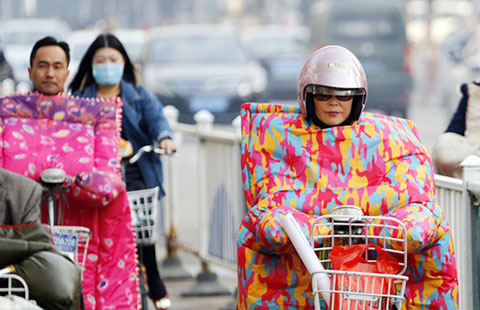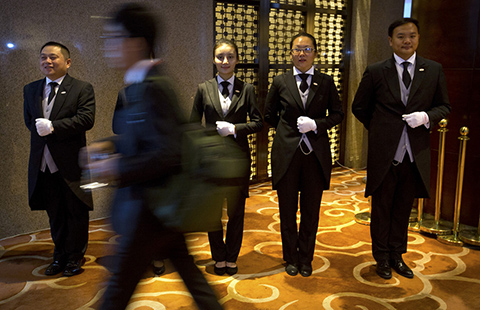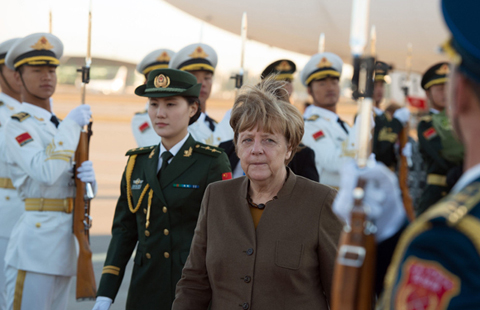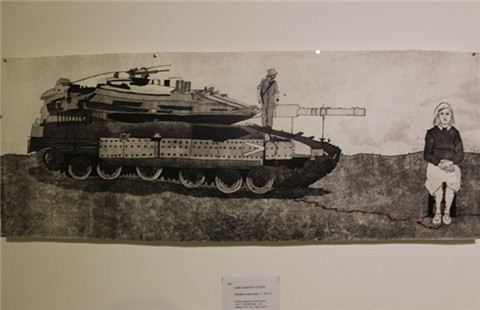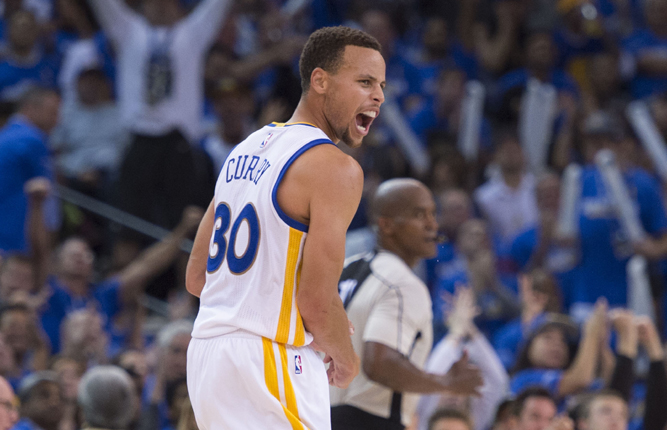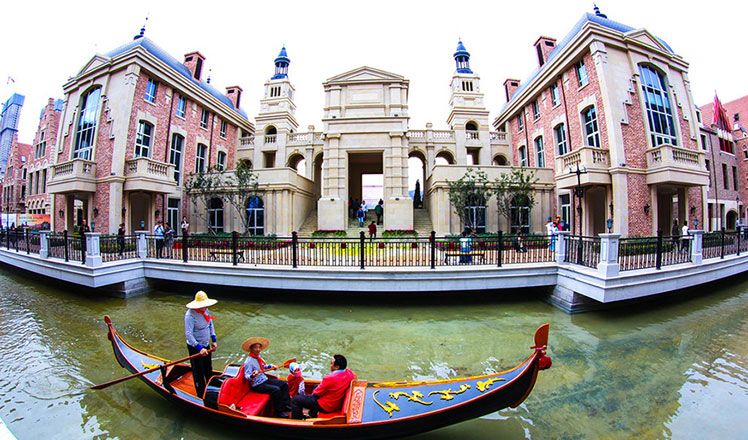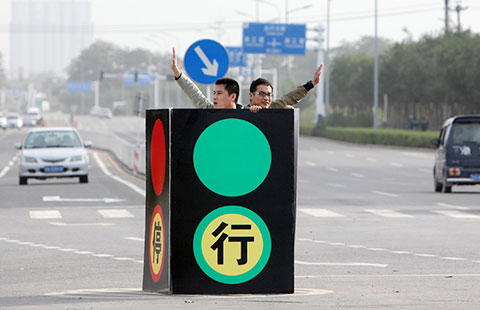
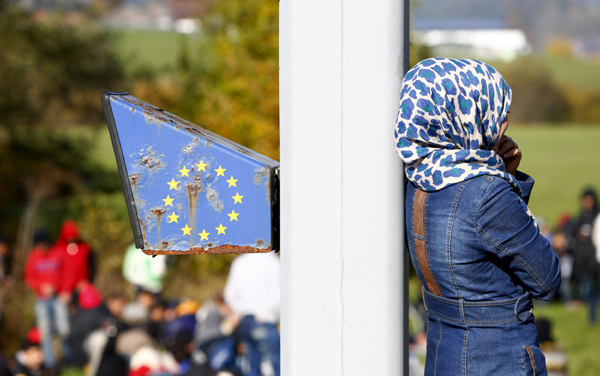 |
|
Migrants arrive at the Austrian-German border in Wegscheid near Passau, Germany, October 27, 2015. [Photo/Agencies] |
STRASBOURG - Members of European Parliament (MEPs), meeting for a plenary session here, confronted each other Tuesday during a long, spirited debate held to examine measures decided on during the mini-summit organized by the European Commission Sunday in Brussels, to deal with the refugee crisis in the western Balkans.
In front of a noisy and sometimes unruly hemicycle, European Commission President Jean-Claude Juncker and European Council President Donald Tusk struggled on Tuesday morning to convince MEPs of progress made by the European Union (EU) regarding migration policy.
"Sunday's mini-summit that I convoked permitted an honest debate, occasionally tense, marked a day of unity and lead to some commitments," affirmed Juncker during the opening of the debate, while underlining that such a meeting "would not have been necessary" to permit the execution of the conclusions from the European summit on Oct 15.
Commissioner for Migration, Home Affairs and Citizenship Dimitris Avramopoulos said, "there is not yet a veritable spirit of European cooperation."
"We cannot allow ourselves another failure. This crisis is a test of credibility for our values and must be a catalyst in order to move toward more Europe," he argued.
"Every day counts," declared Juncker, as a humanitarian crisis is looming in the Balkans where, according to the UN, more than 500,000 migrants mostly from the Middle East have arrived.
The creation of 100,000 reception places for the refugees in Greece and in the Balkans announced at the end of Sunday's mini-summit was not, however, received with enthusiasm in the ranks of the European Parliament.
Between the Eurosceptics, which don't miss an occasion to make the refugee crisis into the symbol of the collapse of the EU, and the pro-Europeans, who observe with vexation the absence of a common migration policy and the militarization of external EU borders, divisions continue to grow.
